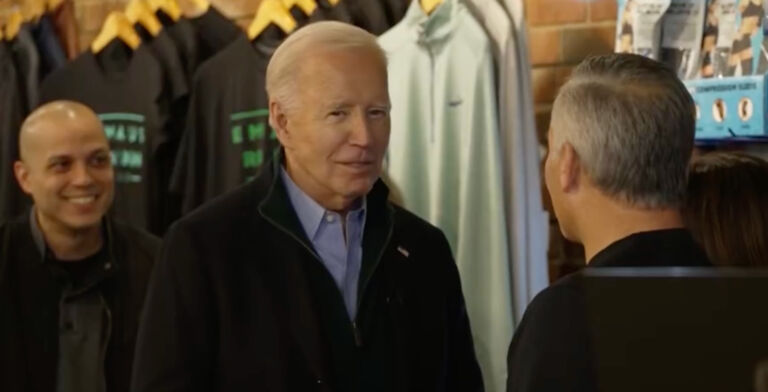James Lynch writes for National Review Online about the federal government’s efforts to keep controversial audio of President Biden under wraps.
The Justice Department is using the Biden administration’s invocation of executive privilege to fight a lawsuit by multiple parties that seek to gain access to the audio from President Joe Biden’s interview with special counsel Robert Hur.
Executive privilege is one of the exemptions the Justice Department cited in a motion on Friday to combat a Freedom of Information Act (FOIA) lawsuit by conservative groups and numerous media organizations over the audio recordings of Biden’s interview with Hur during the special counsel’s investigation into whether Biden had mishandled classified documents.
In a motion for summary judgment filed on Friday, the Justice Department argued: “The recording facially comes within the scope of executive privilege, which is recognized in civil litigation. The audio recording therefore is properly withheld pursuant to Exemption 5, which exempts records that are ‘inter-agency or intraagency memorandums or letters that would not be available by law to a party other than an agency in litigation with the agency.’” The court documents were first reported by Politico.
The Justice Department also warned that artificial intelligence and deepfake recordings could be used to manipulate the audio:
“The passage of time and advancements in audio, artificial intelligence, and ‘deep fake’ technologies only amplify concerns about malicious manipulation of audio files. If the audio recording is released here, it is easy to foresee that it could be improperly altered, and that the altered file could be passed off as an authentic recording and widely distributed.”
Additionally, the Justice Department suggested that the audio was unnecessary because the Biden–Hur transcripts have already been made public and releasing the audio could make it more difficult to gain cooperation from witnesses in future investigations.


